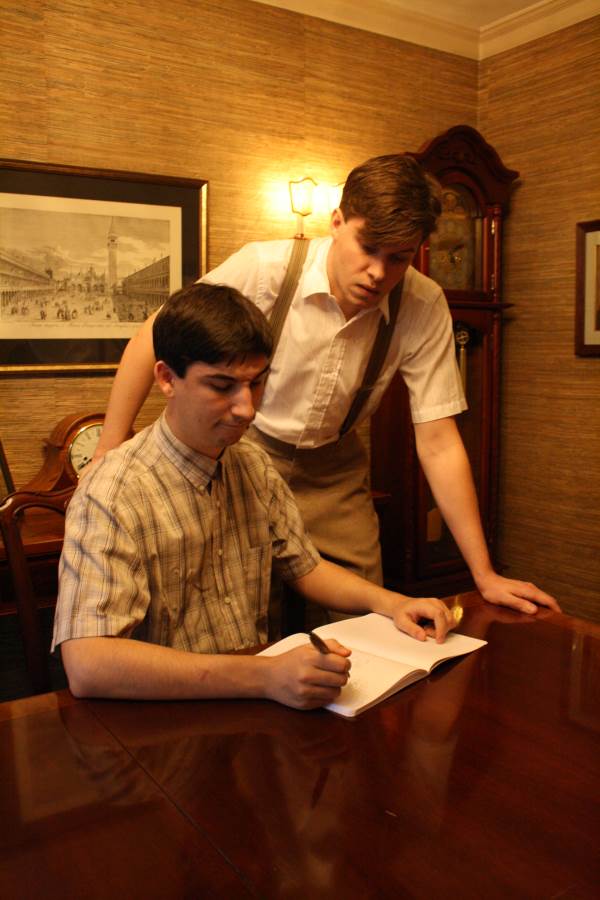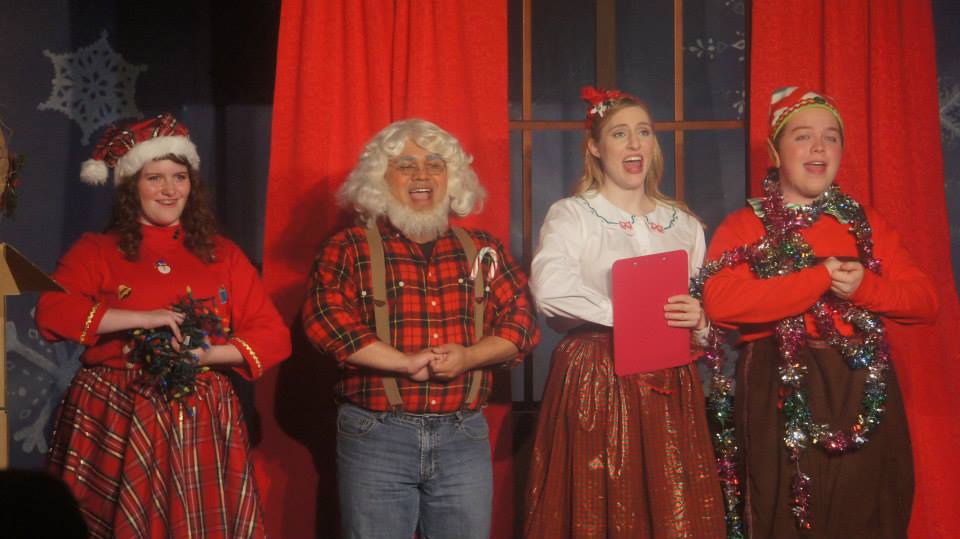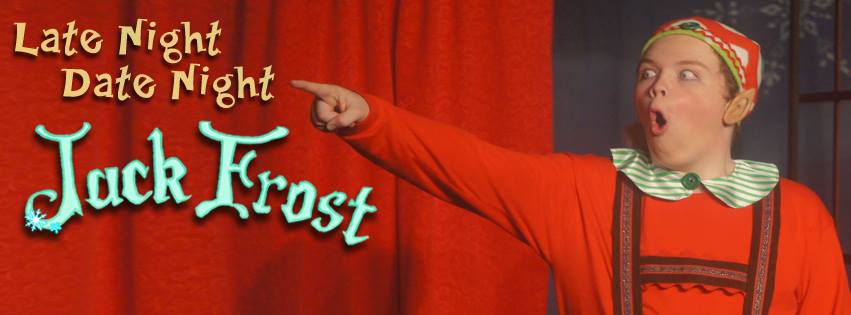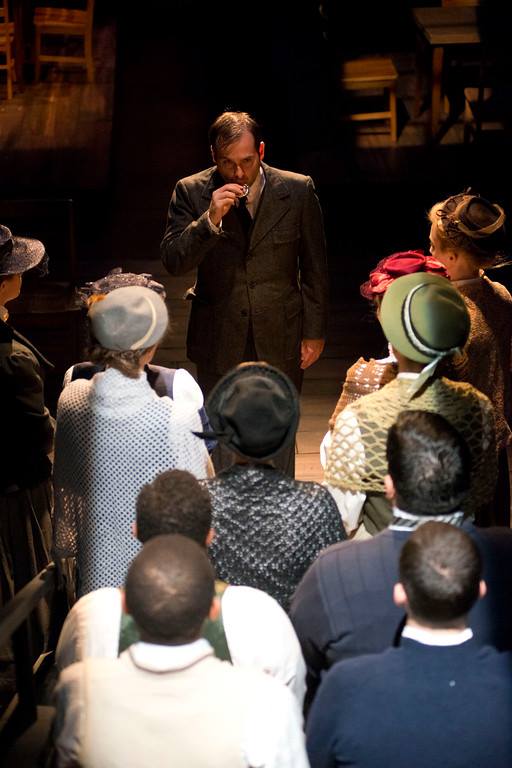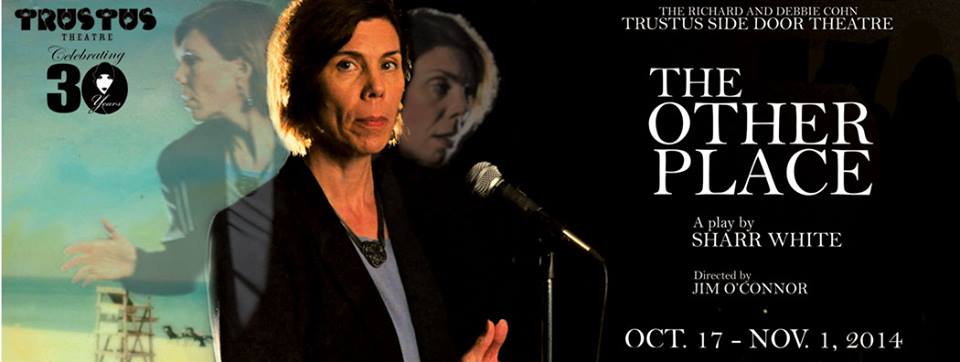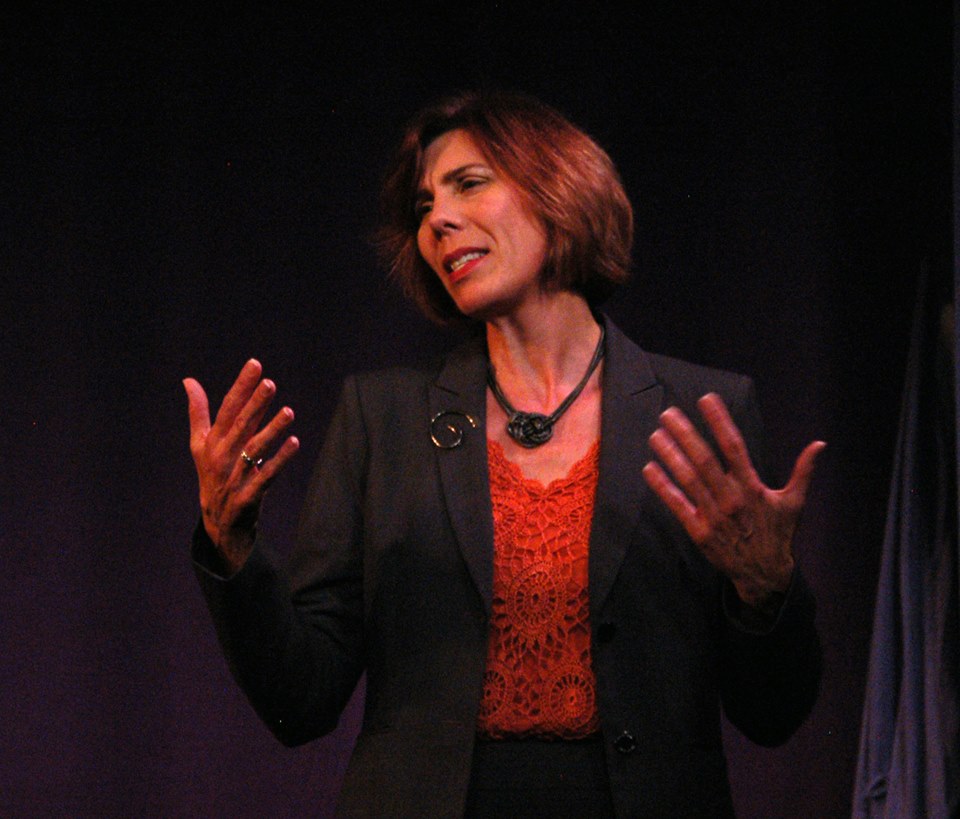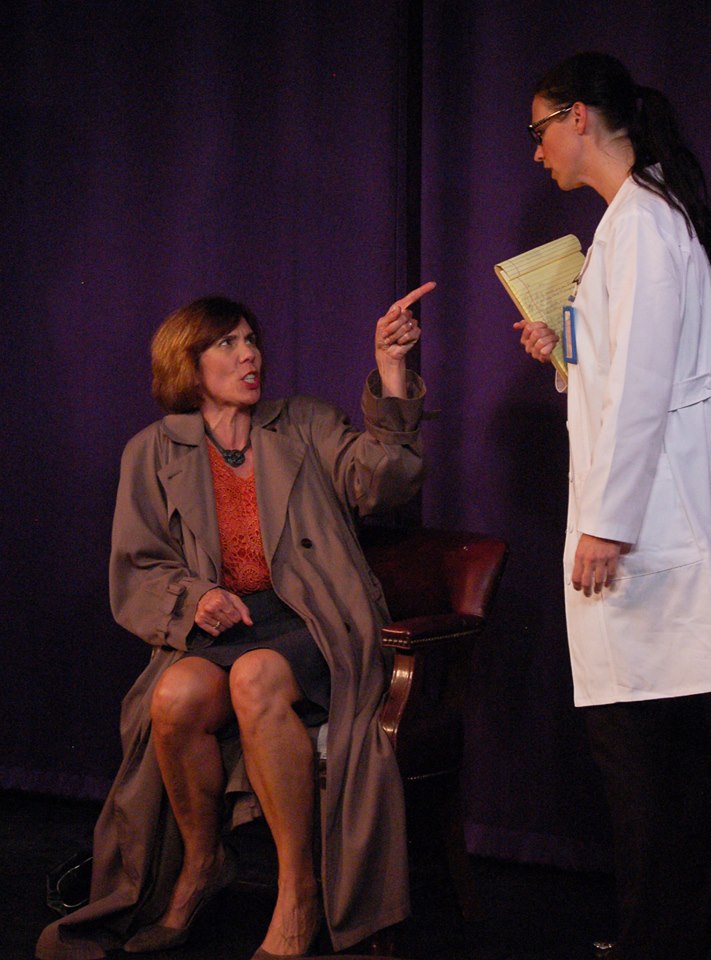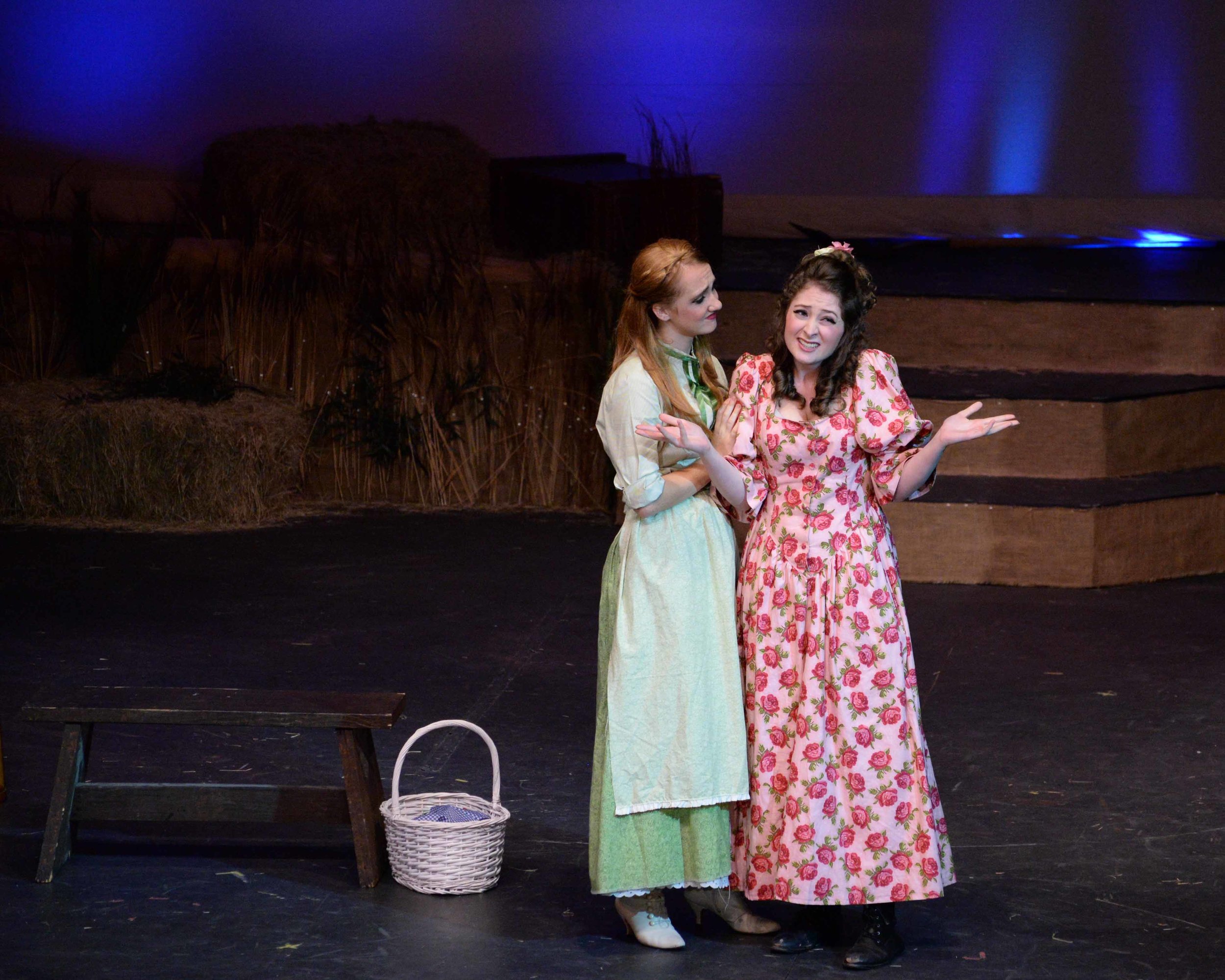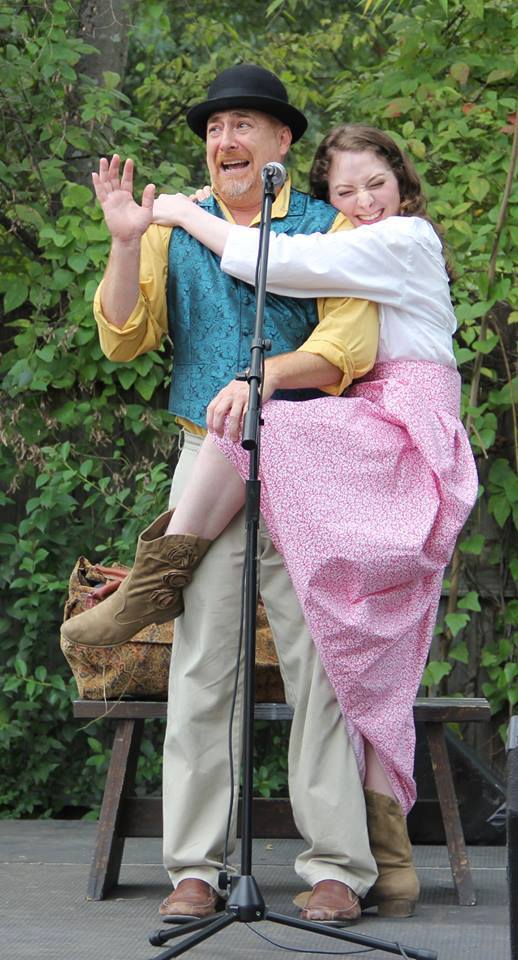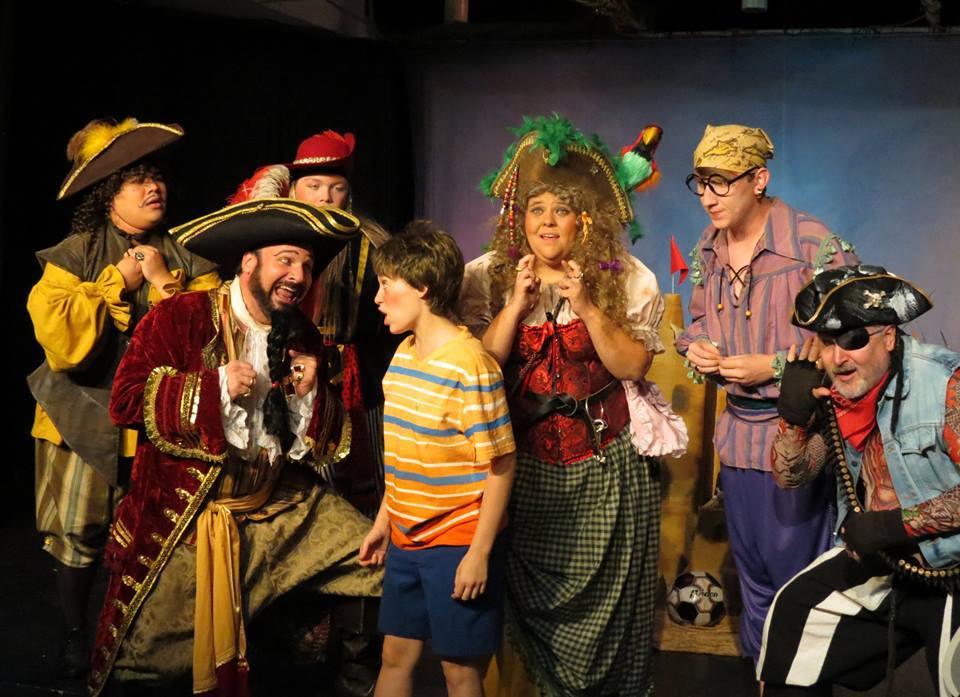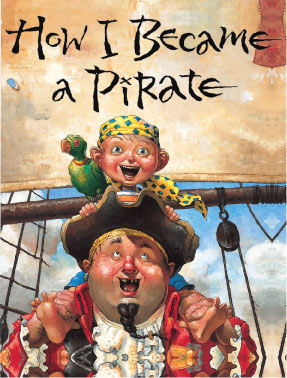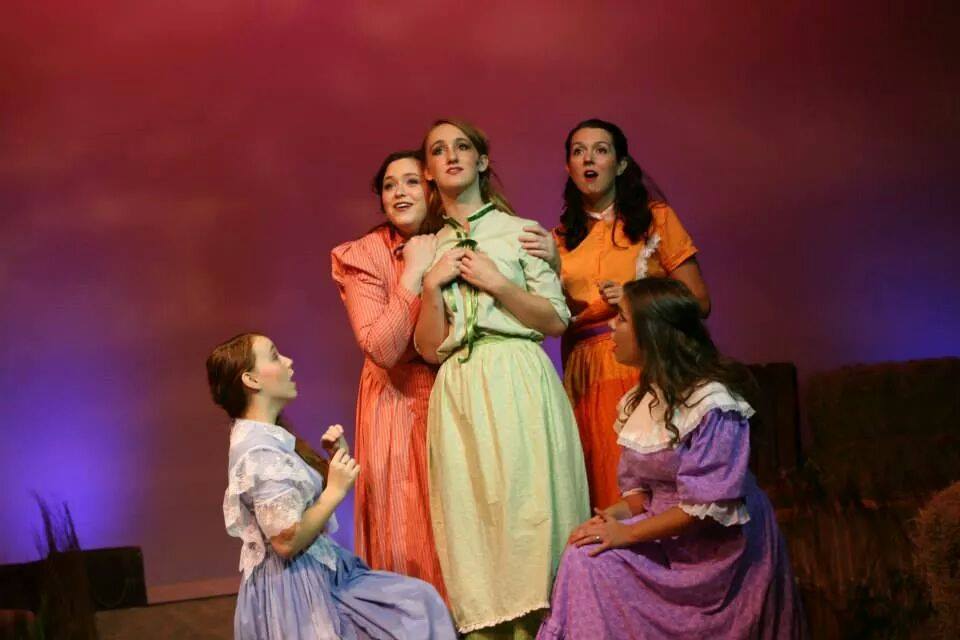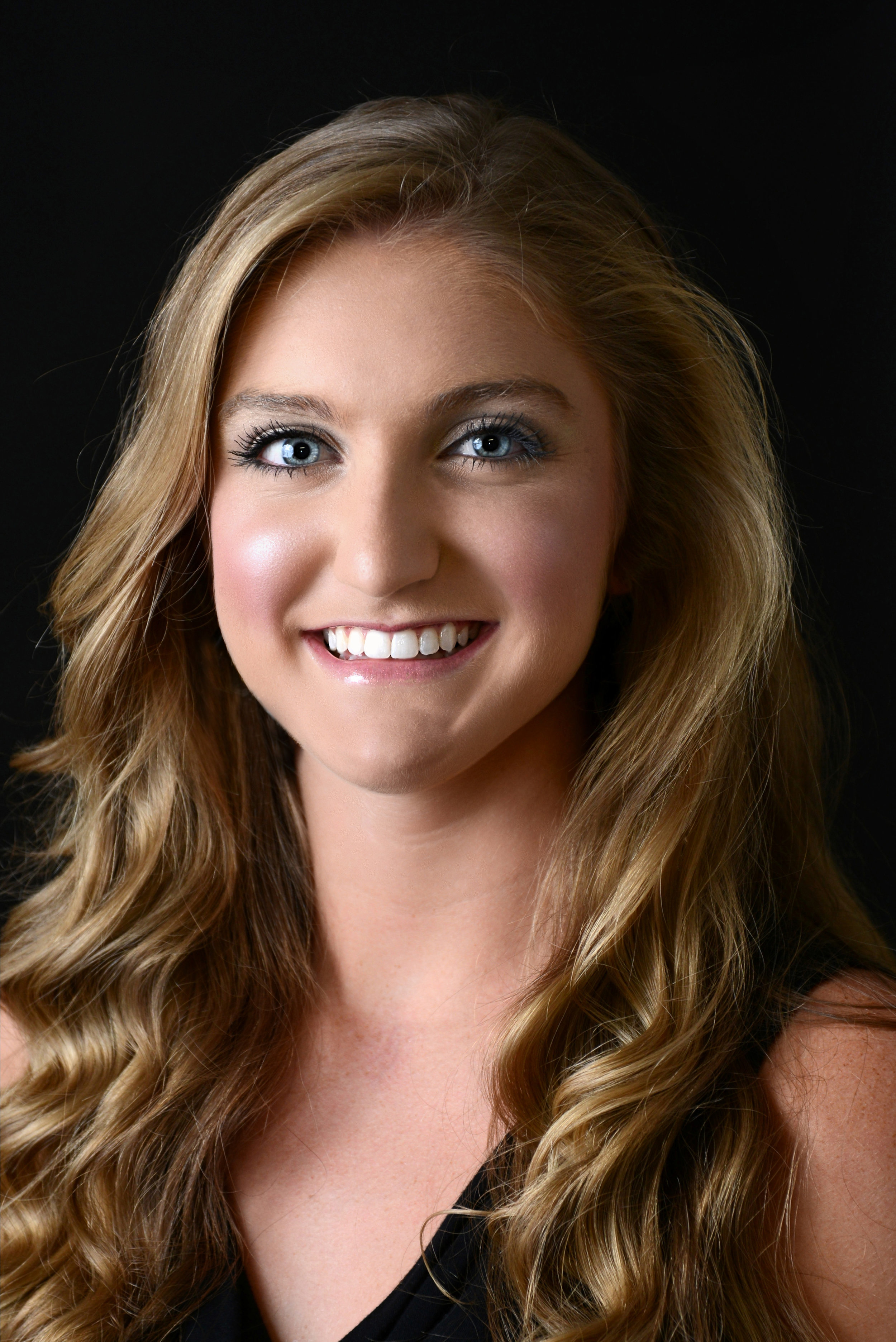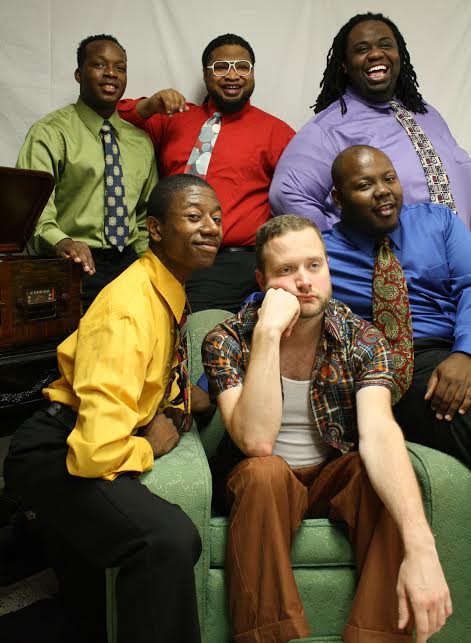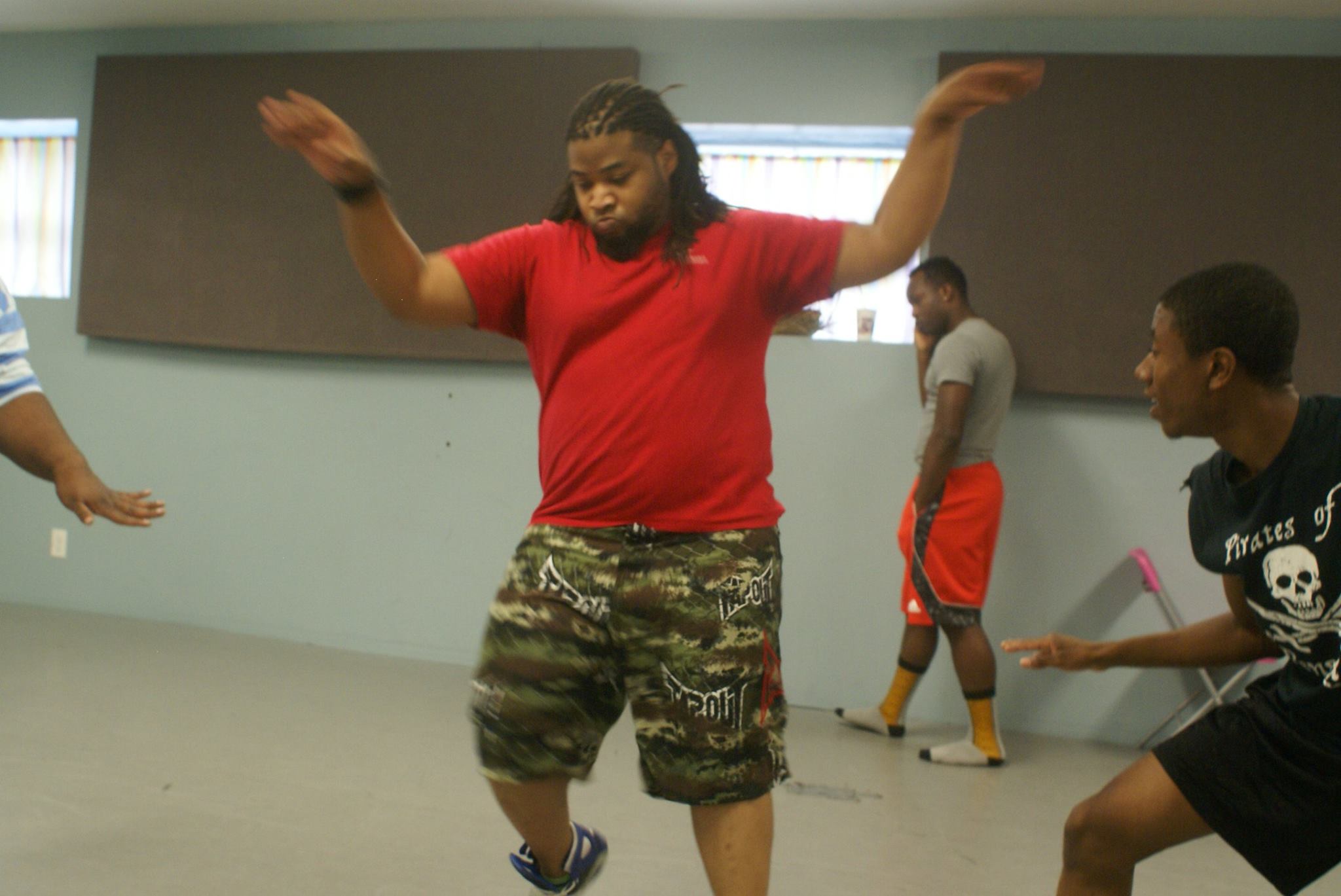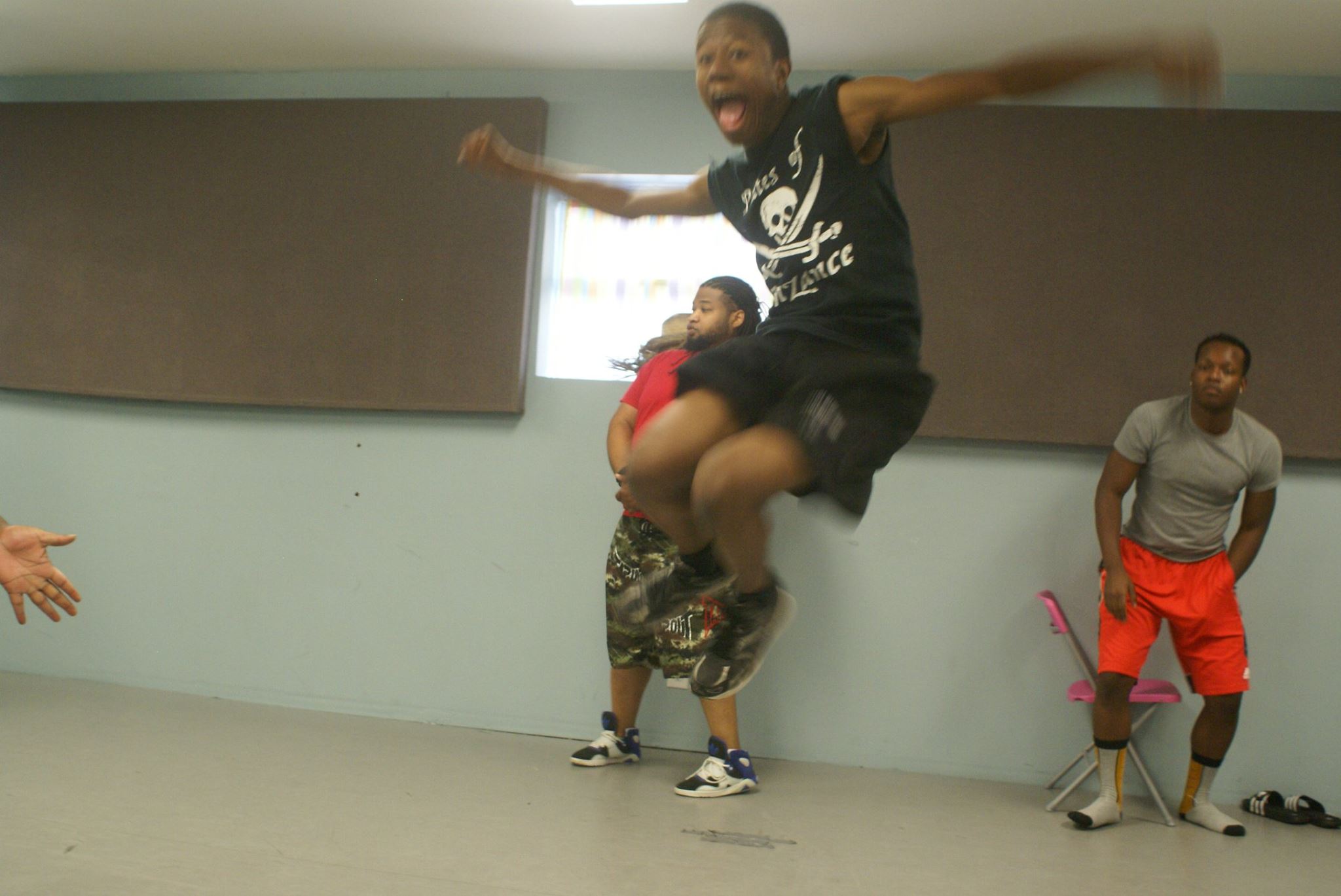by Kyle Petersen
Trustus Theatre’s production of BOY, the Anna Ziegler play which has won critical praise for its depiction of a heartbreaking attempt to “decide” a young boy’s sexual identity following a botched circumcision as an infant, is one of those plays that runs the risk of being too tightly-constructed without the emotional intimacy of the performances. Opening and closing with mirroring, highly symbolic set pieces at a Halloween party, the play flashes back and forth between a “present” time in the late 1980s as we learn about the young man known as Adam Turner and how we was raised as a girl, “Samantha,” in the 1960s. Rounding out the cast, there’s bewildered parents, a fussy and overconfident psychologist, and, of course, a love interest for the protagonist.
There’s a certain predictable, although occasionally frustrating, momentum which carries through Adam’s early years as his parents and doctor make ineffectual attempts at strictly socializing him as a girl so as to make sure the operation and hormones “take,” and it’s probably here the play lands its sharpest blows. Much of that comes from how acutely Stann Gwynn portrays Dr. Wendell Barnes, the gender specialist convinced of the absolute power of nurture over nature. Gwynn lends that character both a sense of brilliance inextricably linked to a pompous sense of superiority that often seems to plague status-driven academics and researchers. He’s a delight, a next-gen Freud with a tantalizing intimate relationship with Adam that eventually shatters his clinical remove. Gwynn’s fully-realized performance sits comfortably next to strong performances by Jennifer Little and Harrison Saunders, who play Adam’s parents Trudy and Doug Turner. The desperate drive and sense of helplessness that pervades Little’s performance, as well as the blue-collar distrust that Saunders’ Doug brings to the proceedings feel true to type. While some of their behavior can feel almost too pat and accommodating to the liminal uncertainty surrounding sexual identity, the actors make these characters real and heartbreaking in the tight quarters of Trustus’ Side Door. Doug’s rare, beer-assisted conversation with Adam about how we was raised is a special theatrical moment, and one that depends deeply on the actors to bring to life.
Despite strong performances, there’s an almost documentary-like impulse towards this gender identity-confused coming-of-age narrative. It’s as if in the desire to craft a teachable moment, Ziegler is a bit too dismissive of the thorny ways that socialization still cuts deep, in unpredictable ways, across every person’s complicated sense of self.
This is perhaps even more apparent in the parallel, “present” time plot involving Adam’s romance with Jenny Lafferty, played by Martha Hearn with a quirky confidence that feels straight out of a mid-2000s indie flick. Hearn clearly sketches out her own take on Jenny, something which doesn’t always seems to jibe with the shallowness of the character in the script or with the expected drama of a young woman in the 1980s discovering puzzling, even betraying secrets about her romantic partner’s past. That’s not to say Hearn doesn’t turn in a solid performance, just that it stretches the believability just a bit.
Where Trustus’s production shines brightest, though, is in the performance of Patrick Dodds as Adam. Dodds is a young actor who has dazzled in other Trustus productions like Spring Awakening and American Idiot but who here, with his musical showmanship set entirely aside, he proves his formidable acting chops as he jumps through the nervous and kindly self-effacing version of his character to the belligerent and angry 23-year-old still struggling with his tumultuous upbringing. Dodds heightens every gut-wrenching moment that Adam faces, only to disappear, often just seconds later, into the childlike wonder and puzzlement of the young “Samantha,” something he does without the benefit of a costume or makeup change (after all, he’s still “Adam”). His potent performance alone is worth the price of admission, a masterly effort that places him firmly in the top tier of Columbia’s theatre talent.
The set itself is relatively bare, a small, utilizing bright lights and a raggedly zig-zagging stage set up in the round with just a few crucial props to block off the scenes and a desk off to one side with a helpful calendar to denote which moment in time we’ve bounced around to. It’s simple and effective, with subtle flourishes of panache, something also true of Ilene Fins’ direction, moving these actors in careful concert in keeping with the taunt framework of Ziegler’s play.
Although not without some minor flaws, it feels wrong to undercut the emotional impact of this production. While I have quibbles with the overarching narrative, particularly as its gleans a much happier story than the one that inspired it, tender, nuanced moments abound as the characters work their way through some of the earliest clinical attempts at addressing the uncertainties and hardships of pressing a binary understanding of gender identity and sexual biology onto a messy, complex world. Fins and her troupe of actors nails both the 21st century lens that we have as well as the realities of the situation decades earlier which is both revelatory and necessary. This is the kind of play that you might do well to start off 2017 with.
BOY plays on the Cohn Side Door Stage at Trustus Theatre through January 21. For times and tickets go to trustus.org.








